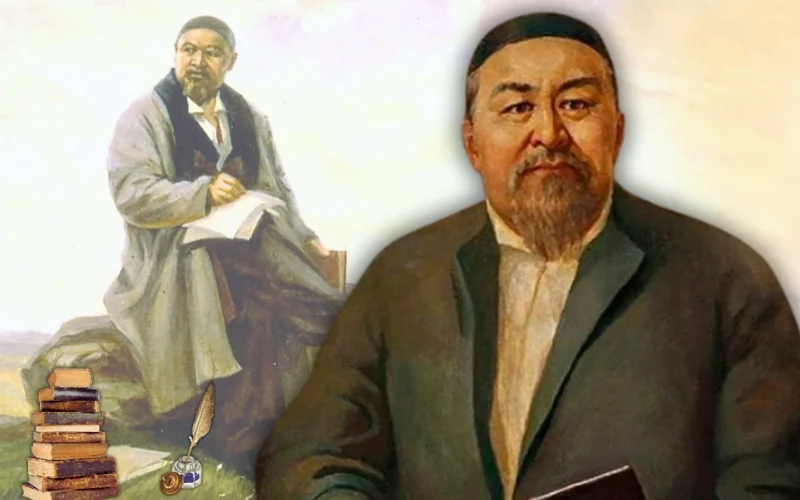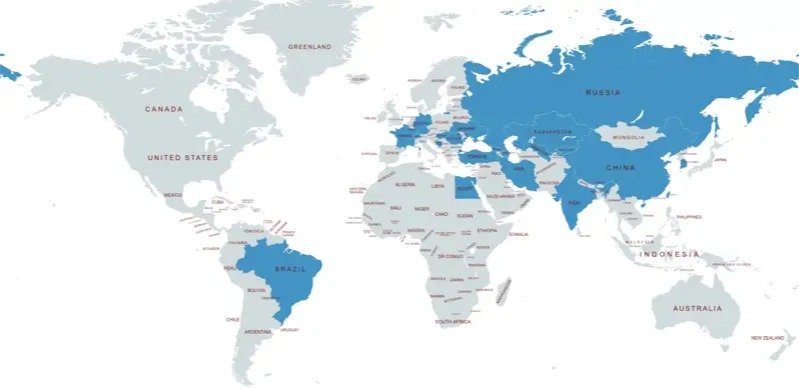Why Kazakhstan honors Abai: Poet, philosopher and national symbol
August 10 is the birthday of Abai Kunanbayuly, the leading Kazakh poet, educator and founder of Kazakh written literature. Since 2020, Kazakhstan has officially observed this date. A Kazinform News Agency correspondent invites readers to explore Abai’s significance and the meaning of this day.

Abai’s legacy
Abai Kunanbayuly (1845-1904) was a Kazakh poet, composer, educator, thinker and public figure. In his works, he depicted the realities of daily life and everything he observed around him. He saw progressive ways of changing Kazakh life in opening schools, in learning sciences, in educating the people, in raising their culture. His poetry and philosophical reflections represented an attempt to find harmony between traditional Kazakh values and new ideas.
Abai introduced new meters, rhyme schemes and poetic forms into Kazakh verse, including poems written in eight lines and in six lines. Over the course of his career he produced about 170 original poems and 56 translations, and he authored a collection known as Words of Edification (Kara sozder).
Abai's works are considered classics that everyone should definitely know in order to have the right view of things. His poems and "Words of Edification" remain relevant at all times. Each person discovers Abai for themselves.
Abai around the world
In today’s world the name Abai Kunanbayuly is known far beyond Kazakhstan. His work, full of humanist ideas and reflections on the fate of individuals and society, continues to find an audience in many countries.
People in different countries noted the parallelism and consonance of Abai's thoughts with such great figures as Johann Goethe and Mahatma Gandhi. In addition to his own works, Abai translated foreign authors into Kazakh.
Abai's works have been translated into 116 languages. Most of the books with Abai's works in different languages were published in 1995, when the poet's 150th anniversary was celebrated at the global level under the auspices of UNESCO.
Monuments to Abai can be found in many parts of the world. In Russia, a statue was unveiled in Moscow in 2006 during the Year of Abai in Russia and Pushkin in Kazakhstan. In France, a monument stands in a central park in Paris, while the city of Rennes also honors him with a bust. In Turkey, Abai is commemorated with monuments in Ankara, Istanbul and Antalya, and one of the avenues in Ankara is named after him. Busts of the poet were also installed in Baku, at Baku State University, and in Cairo in 2016 during the 25th anniversary of Kazakhstan’s independence.

In recent years, Abai’s presence on the global map has grown further. In 2020, a statue was unveiled in Sarajevo, followed by new monuments in 2021 in Seoul and Berlin. A bust of Abai is also displayed at the UN Office in Geneva. Other cities where he is honored include Beijing, Tashkent, Tehran, Bucharest, Kharkiv, Tbilisi, Bishkek, New Delhi, Budapest and Rio de Janeiro. These tributes reflect the international recognition of Abai as a symbol of Kazakh culture, values and intellectual heritage.
A major contribution to Abai’s international recognition came from the epic novel Path of Abai by Mukhtar Auezov. Written between 1942 and 1956, it was the first large-scale novel in Kazakh and remains a landmark of Kazakh literature. Its four volumes cover not only the poet’s biography but also the spiritual development of the Kazakh people. Translated into more than 100 languages, this work stands as a monument of Kazakhstan’s literary heritage and cemented Abai’s image as a figure of both national consciousness and global significance.
Abai day celebrations
In honor of Abai Day on August 10 in Astana a series of major cultural and spiritual events will take place. The celebrations will begin with a flower-laying ceremony at the Abai monument. On Nurly Zhol Boulevard a Dombyra Party will feature Abai’s best-known songs played on the Kazakh folk instrument dombyra.
As part of the festivities five thousand schoolchildren will perform Abai’s songs. Photo exhibitions titled “World of Abai” will open at the Saken Seifullin Museum and other cultural venues.
City libraries social centers and cultural institutions will host open lessons expressive reading contests round-table discussions and poetry evenings devoted to Abai’s work.
At the ALZHIR memorial museum complex a special exhibition titled “Repressed Relatives and Descendants of Abai Kunanbayev” is now open to visitors. The library for the visually impaired will stage a literary event titled “Abai great and unique.” At the Public Consent Center under the Astana akimat a round-table session will explore “Abai’s Wisdom.” Finally in the Astana conference hall there will be a discussion of “Forty Five Teachings of Great Abai” with an emphasis on their modern relevance.
Earlier, Kazinform News Agency reported that the city of Shymkent will construct a new cultural and educational facility in Abai region to commemorate the 180th anniversary of Abai.
